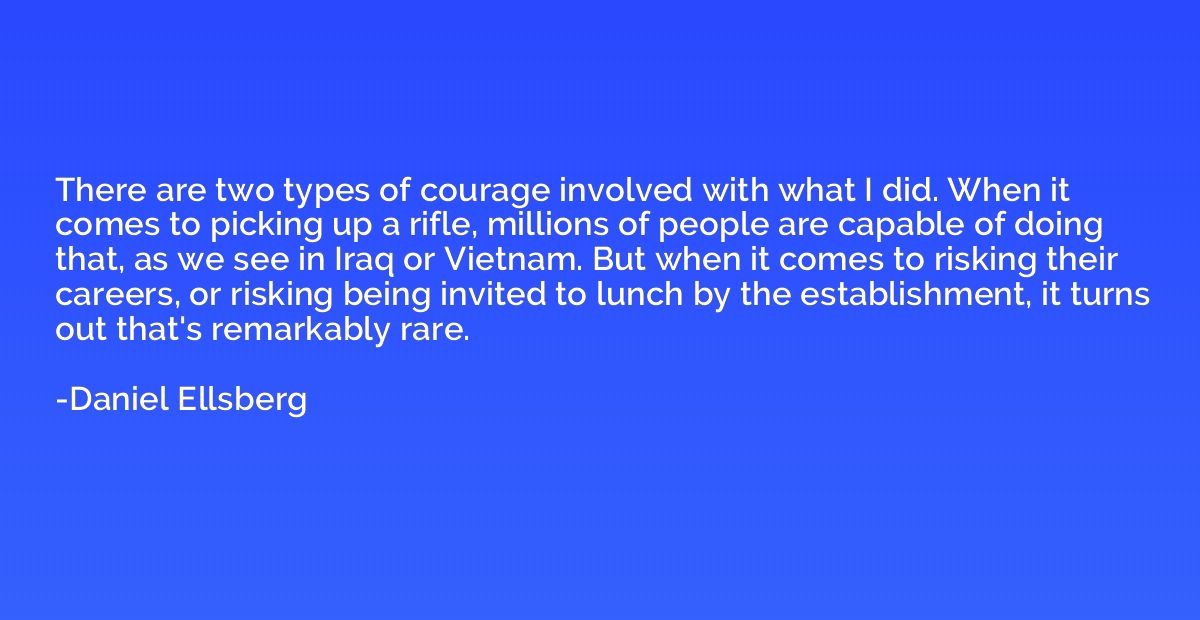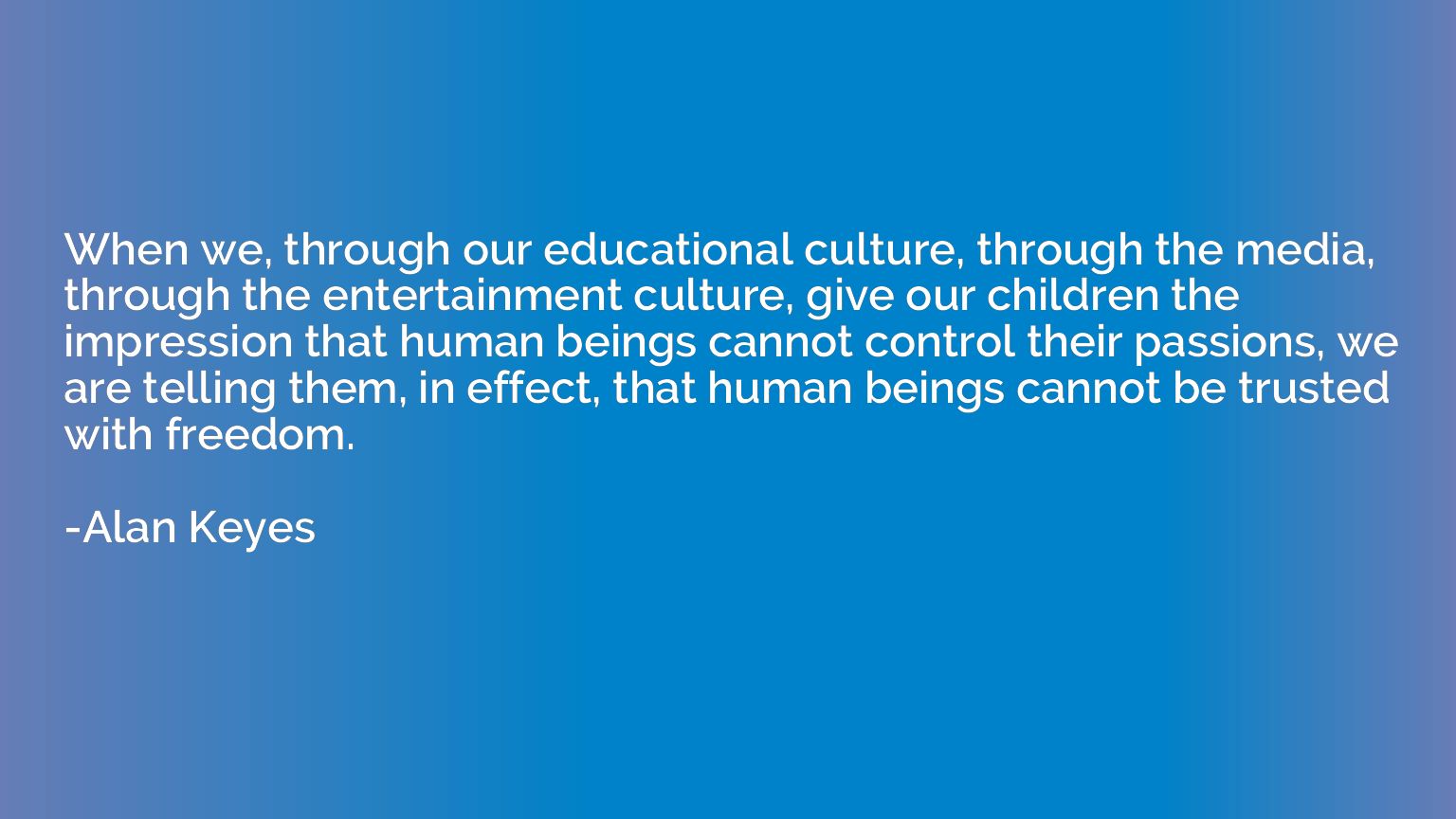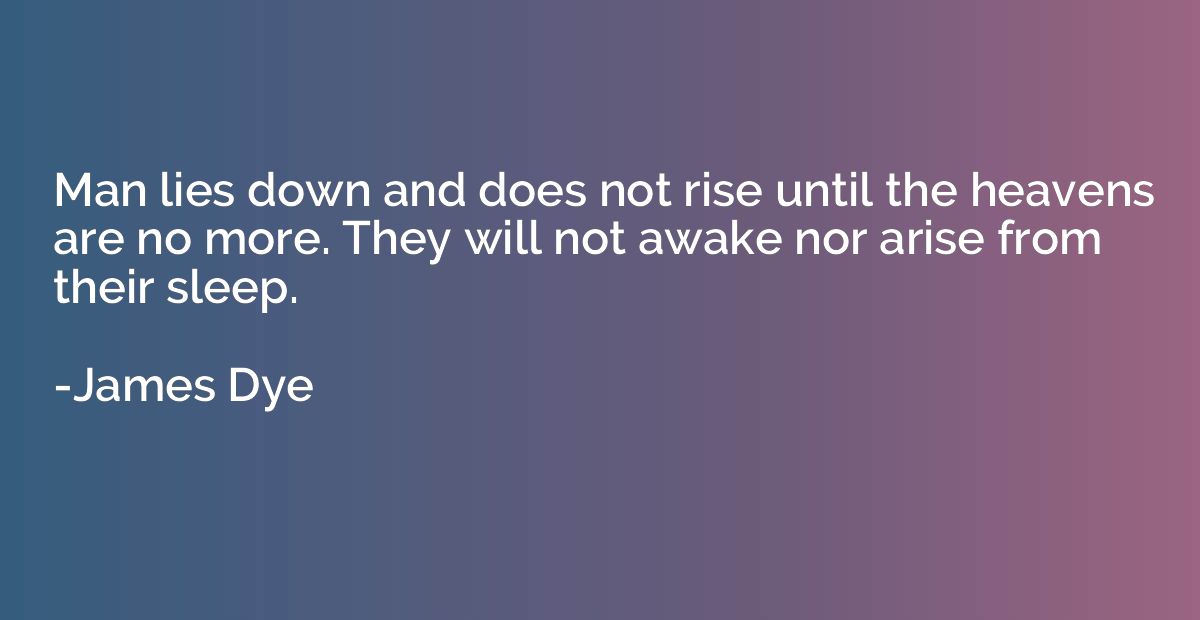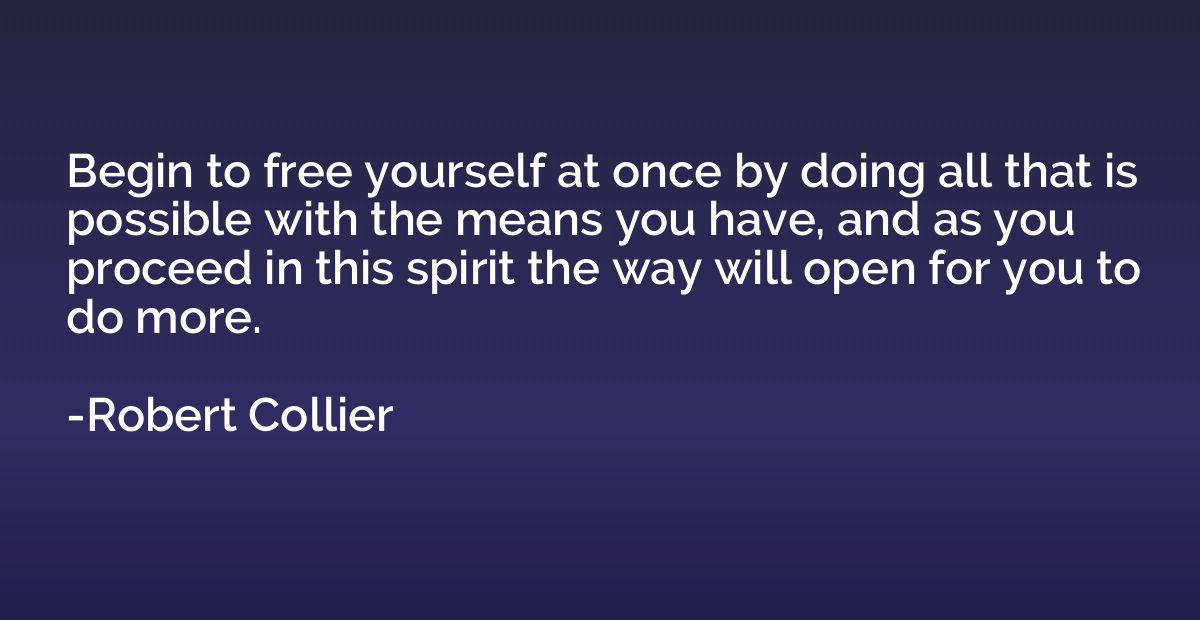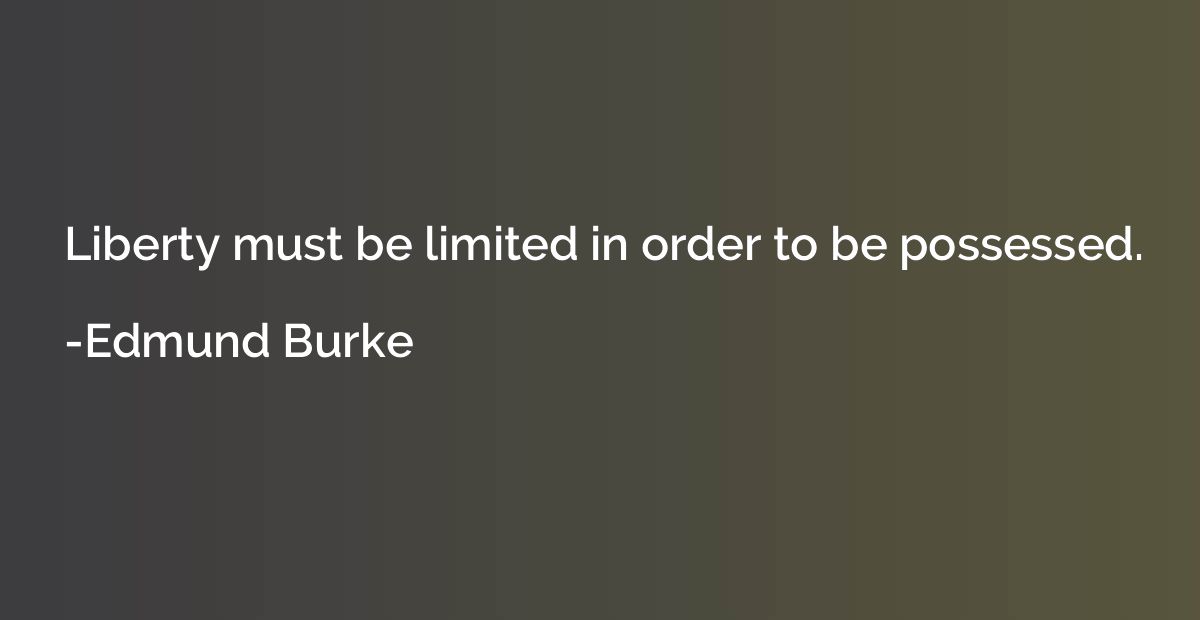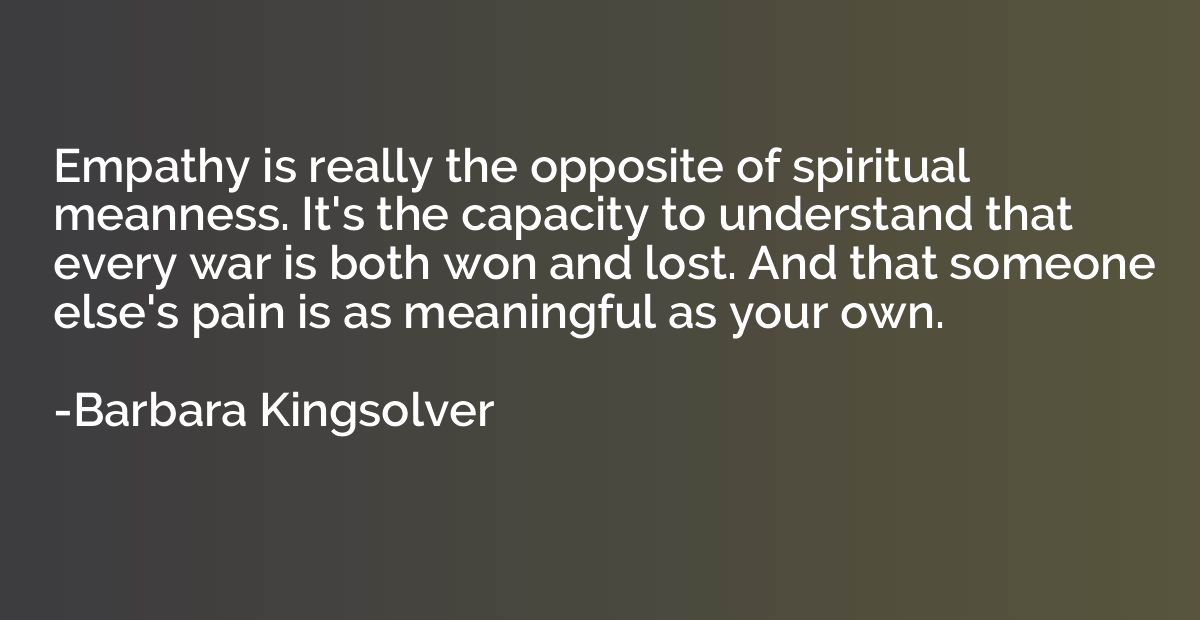Quote by Julia Cameron
I started writing morning pages just to keep my hand in, you know, just because I was a writer and I didn't know what else to do but write. And then one day as I was writing, a character came sort of strolling in and I realized, Oh my God, I don't have to be just a screenwriter. I can write novels.

Summary
This quote reflects the transformative power of the morning pages practice. Initially, the writer's motivation was merely to maintain their writing skills, uncertain of their next steps. However, as they continued with morning pages, a sudden realization dawned upon them - the freedom to explore new possibilities. In the midst of writing, a character emerged, opening the writer's eyes to the potential of becoming a novelist. This quote encapsulates the unexpected discoveries and revelations that can occur when we dedicate ourselves to creative exercises, ultimately altering the course of our creative journeys.



